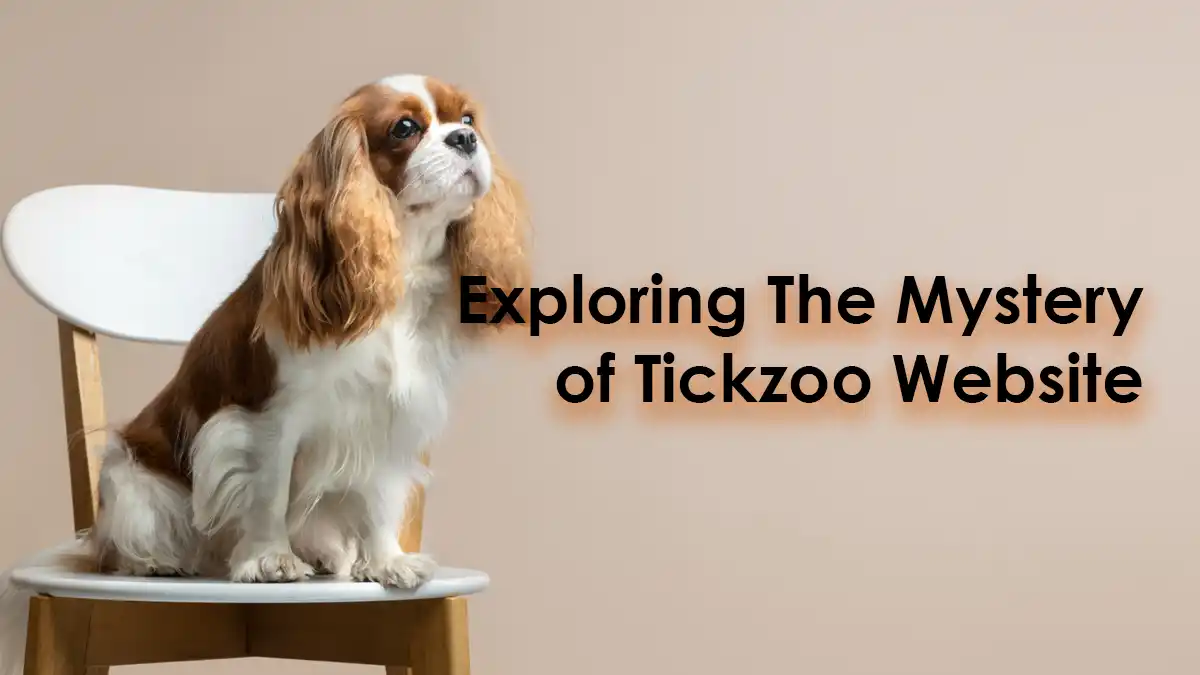Listen up, folks! If you're diving into the world of TickZoo, you're about to uncover something fascinating. These tiny creatures, though often overlooked, play a massive role in ecosystems worldwide. They're like the unsung heroes—or maybe villains—of the natural world. Whether you're a biologist, an outdoor enthusiast, or just someone curious about nature's intricacies, TickZoo is a topic worth exploring. So, buckle up, because we're diving deep into the wild world of ticks!
Now, before you start feeling all creeped out, let’s clarify something. Ticks aren’t just creepy-crawlies that ruin your camping trips. They’re part of a complex ecological system that affects everything from wildlife to human health. TickZoo, in essence, is a term used to describe the vast array of tick species and their interactions with the environment. Understanding this world can help us manage diseases, protect ecosystems, and even save lives. Pretty cool, right?
And guess what? This isn’t just for scientists. Regular folks like you and me can benefit from knowing more about TickZoo. Whether it’s preventing tick-borne illnesses or simply appreciating the role these tiny creatures play in nature, this guide will give you the lowdown on everything tick-related. Let’s get started!
Read also:Chachi No 1 Ullu Webseries Thats Got Everyone Talking
What is TickZoo All About?
Alright, let’s break it down. TickZoo isn’t just a random word—it’s a term that encapsulates the entire spectrum of ticks and their habitats. Think of it as a zoo, but for ticks. These little critters are arachnids, not insects, and they belong to the same family as spiders and scorpions. Crazy, right? But don’t let their size fool you. Ticks have an enormous impact on both the natural world and human health.
Why Should You Care About TickZoo?
Here’s the thing: ticks aren’t just annoying. They’re carriers of diseases like Lyme disease, Rocky Mountain spotted fever, and even some lesser-known illnesses. Understanding TickZoo means understanding how these diseases spread and how we can prevent them. Plus, ticks are a crucial part of the food chain. Birds, reptiles, and even other insects rely on them for sustenance. It’s a delicate balance that keeps ecosystems thriving.
- Ticks are disease carriers
- They play a role in the food chain
- TickZoo helps us understand their behavior and impact
The Biodiversity of TickZoo
Did you know there are over 900 species of ticks worldwide? That’s a lot of biodiversity packed into such tiny creatures. Each species has its own unique characteristics, habitats, and behaviors. Some live on specific animals, while others are more opportunistic. This diversity makes TickZoo an incredibly complex and fascinating field of study.
Types of Ticks in TickZoo
Let’s take a closer look at some of the most common tick species:
- Deer Tick (Ixodes scapularis): Known for spreading Lyme disease.
- American Dog Tick (Dermacentor variabilis): A common carrier of Rocky Mountain spotted fever.
- Asian Longhorned Tick (Haemaphysalis longicornis): A relatively new arrival in the U.S., causing concern among farmers.
TickZoo and Human Health
When it comes to TickZoo, one of the biggest concerns is its impact on human health. Ticks are notorious for spreading diseases that can have serious consequences. But don’t panic—education and prevention are key. By understanding how ticks behave and where they thrive, we can take steps to protect ourselves and our loved ones.
Common Tick-Borne Diseases
Here’s a quick rundown of some of the most prevalent tick-borne diseases:
Read also:Zhan Mcclarnon The Rising Star You Need To Know About
- Lyme Disease: Caused by the bacterium Borrelia burgdorferi, it can lead to severe symptoms if untreated.
- Rocky Mountain Spotted Fever: A bacterial infection that can be life-threatening if not treated promptly.
- Babesiosis: A malaria-like illness caused by microscopic parasites.
How TickZoo Affects Ecosystems
Ticks might be tiny, but their impact on ecosystems is anything but small. They influence everything from animal populations to plant growth. For example, ticks can regulate the number of deer in a given area by spreading diseases that weaken or kill them. This, in turn, affects plant life and other animals that depend on those plants. It’s a chain reaction that highlights the importance of understanding TickZoo.
TickZoo and Wildlife Management
For wildlife managers, TickZoo is a critical area of study. By monitoring tick populations and their effects on wildlife, they can make informed decisions about conservation and management. This helps maintain healthy ecosystems and protects both animals and humans from the negative impacts of unchecked tick populations.
Preventing Tick-Borne Illnesses
Now that we’ve talked about the dangers of TickZoo, let’s focus on prevention. The good news is that there are plenty of ways to protect yourself from tick-borne illnesses. From wearing protective clothing to using insect repellents, there’s a lot you can do to stay safe.
Tips for Staying Tick-Free
Here are some practical tips to keep ticks at bay:
- Wear long sleeves and pants when hiking or camping.
- Use DEET-based insect repellents on exposed skin.
- Check yourself and your pets for ticks after spending time outdoors.
The Science Behind TickZoo
For those of you who love diving into the science, TickZoo is a goldmine of information. Researchers are constantly studying ticks to understand their biology, behavior, and role in ecosystems. This research not only helps us manage tick populations but also leads to advancements in medicine and public health.
Recent Discoveries in TickZoo Research
Here are some exciting developments in the world of TickZoo research:
- New methods for detecting tick-borne diseases earlier.
- Innovative ways to control tick populations without harming the environment.
- Insights into tick genetics that could lead to better treatments for tick-borne illnesses.
TickZoo and Climate Change
Climate change is having a significant impact on TickZoo. As temperatures rise and habitats shift, tick populations are expanding into new areas. This means more people and animals are at risk of tick-borne diseases. Understanding this connection is crucial for developing effective strategies to combat the spread of ticks.
How Climate Change Affects TickZoo
Here’s how rising temperatures are influencing TickZoo:
- Ticks are surviving in regions where they previously couldn’t thrive.
- Warmer winters mean longer tick seasons in some areas.
- Changes in vegetation are altering tick habitats and behaviors.
Future Directions for TickZoo
As we continue to learn more about TickZoo, the possibilities for research and innovation are endless. From developing new treatments for tick-borne diseases to creating eco-friendly methods for controlling tick populations, the future looks promising. But it’s up to all of us to stay informed and take action.
What Can You Do to Support TickZoo Research?
If you’re passionate about TickZoo, there are plenty of ways to get involved:
- Support organizations that fund tick research.
- Participate in citizen science projects to help track tick populations.
- Spread awareness about the importance of TickZoo in protecting ecosystems and human health.
Conclusion: Embracing the World of TickZoo
So, there you have it—a comprehensive guide to the fascinating world of TickZoo. From understanding the biodiversity of ticks to exploring their impact on ecosystems and human health, this topic is full of surprises. Remember, knowledge is power. By learning about TickZoo, you’re not only protecting yourself but also contributing to the greater good of our planet.
Now, here’s your call to action: share this article with your friends and family. The more people know about TickZoo, the better equipped we all are to handle the challenges it presents. And if you have any questions or thoughts, drop them in the comments below. Let’s keep the conversation going!
Table of Contents
Why Should You Care About TickZoo?
How TickZoo Affects Ecosystems
TickZoo and Wildlife Management
Preventing Tick-Borne Illnesses
Recent Discoveries in TickZoo Research


